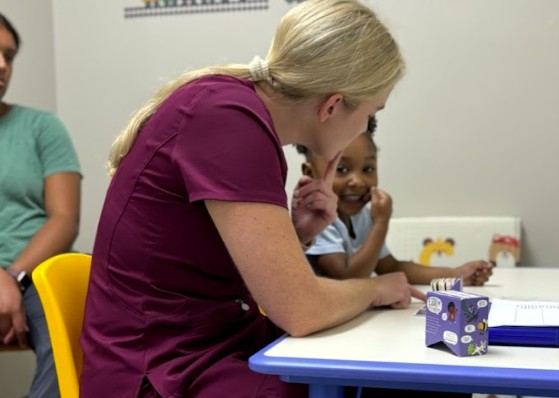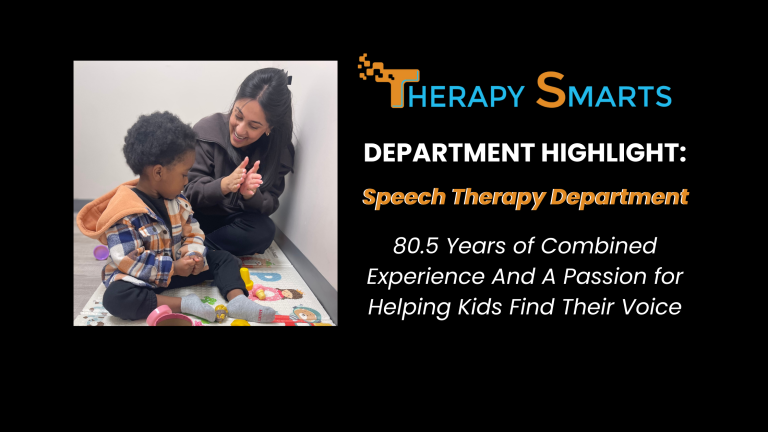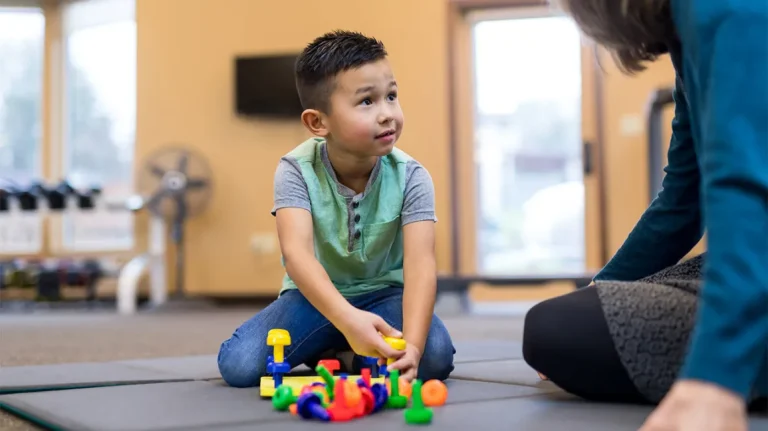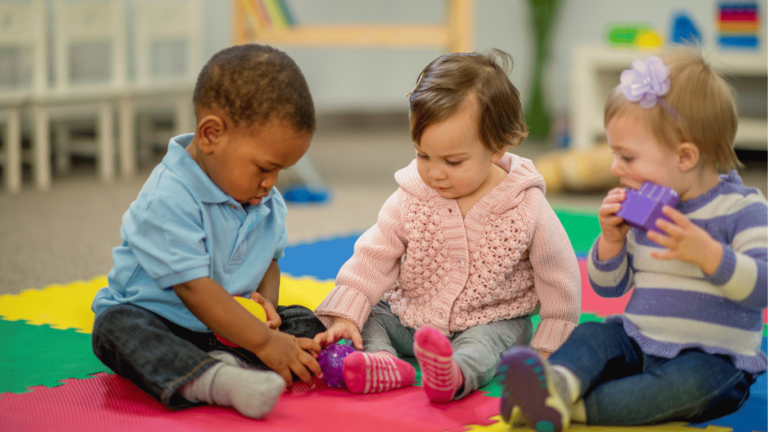What Parents Need to Know
Watching your child grow and learn is one of life’s greatest joys. Every sound, gesture, and word is a step forward in their journey to connect with the world. But what if those steps seem slower than you expected, or if communication feels like a struggle for your little one? It’s completely normal for parents to feel concerned and to wonder if what they’re seeing is typical. We understand your questions, and we’re here to provide clarity and support for your family.
Understanding the difference between a speech delay and a speech disorder is a powerful first step. It helps you know what to look for and when to seek help, opening the door to a future where your child can express themselves with confidence. Imagine your child freely sharing thoughts, making friends, and thriving in school—with the right support, that future is within reach.
In this guide, we will explore:
- The key differences between a speech delay and a speech disorder.
- Developmental milestones and common signs to watch for.
- The profound impact of early support.
- Howspeech therapy for kids creates a path to success.
What Is a Speech Delay?
A speech delay means a child is developing speech and language skills in the typical sequence, just at a slower pace than their peers. Think of it as taking the scenic route to a destination—they are on the right path, but it’s taking a bit longer to get there. These children are often referred to as “late talkers.” For instance, a two-year-old with a speech delay might still be using single words when most children their age are starting to combine two words into simple phrases.
While many children with a simple speech delay eventually catch up, sometimes on their own, a delay can also be an early sign of an underlying issue. This is why paying attention to communication milestones is so important.
Common signs of a potential speech delay include:
- Not using gestures like pointing or waving by 12 months old.
- Not saying simple words like “mama” or “dada” by 18 months.
- Not putting two words together to form phrases by age 2.
- Family members having trouble understanding them after age 3.

What Is a Speech Disorder?
A speech disorder is different from a delay. It means a child’s speech is developing in an atypical or unusual way. They aren’t just behind schedule; their speech patterns are different from the normal path of development. A child with a speech disorder will likely need professional support to develop clear and effective communication skills.
There are several types of speech disorders that a child might experience.
- Articulation Disorder: This is a difficulty in producing specific sounds correctly. A child might substitute sounds, saying “wun” for “run” or “thun” for “sun.”
- Phonological Disorder: This involves a consistent pattern of sound errors. For example, a child might leave off the last sound of most words, saying “ba” for “ball” or “ha” for “hat.”
- Apraxia of Speech: This is a motor planning disorder. The child knows what they want to say, but their brain has difficulty coordinating the complex muscle movements of the lips, tongue, and jaw to form the words.
- Fluency Disorder (Stuttering): This affects the flow of speech. It can include repeating sounds, syllables (“li-li-like this”), or whole words, or getting “stuck” on a sound.
It’s also important to know about language disorders. A child with a language disorder may have trouble understanding what others are saying (receptive language) or find it hard to express their own thoughts and ideas (expressive language). According to theAmerican Speech-Language-Hearing Association (ASHA), both speech and language disorders can have a significant impact on a child’s learning and social life if not addressed.
The Importance of Clear Communication
The ability to communicate is the foundation upon which we build our lives. It’s how children learn, make friends, express their needs, and share their joy. When communication is a challenge, it can cast a shadow over many areas of a child’s development.
- Social and Emotional Growth: Children who struggle to be understood may become frustrated, anxious, or withdrawn. They might hesitate to join in games or conversations, which can lead to feelings of loneliness and impact their self-esteem.
- Academic Success: Strong speech and language skills are crucial for learning to read, write, and follow instructions in the classroom. An unaddressed speech disorder can create significant barriers to academic achievement.
- Family Connection: Communication is at the heart of our relationships. When a child can’t express their feelings or needs, it can be stressful for the entire family. Unlocking their ability to communicate strengthens those essential bonds.
Embracing the Power of Early Intervention
It’s common to hear well-meaning advice like, “Just wait and see, they’ll grow out of it.” While some children with mild delays do catch up, waiting is a gamble you don’t have to take. Early intervention is the most effective approach to supporting a child’s communication journey. The brain is most adaptable to learning language during the first few years of life, creating a critical window of opportunity.
Startingspeech therapy early does more than just help a child “catch up”—it prevents small gaps from becoming significant hurdles. It equips your child with the foundational skills they need for a lifetime of confident communication, learning, and connection. Taking action now paves the way for a brighter future.

Your Partner in Progress: How Speech Therapy Can Help
If you have concerns about your child’s speech, the first step is an evaluation with a pediatric Speech-Language Pathologist (SLP). At Therapy Smarts, our evaluations are designed to be thorough yet gentle, focusing on your child’s unique strengths while identifying areas for growth. We see every child as an individual with unlimited potential, and our goal is to create a personalized plan to help them shine.
Our speech therapy for kids is built on the power of play. In our fun and engaging sessions, our dedicated therapists use games, stories, and activities to help your child:
- Improve the clarity of their speech by mastering new sounds.
- Build their vocabulary and learn to form longer, more complex sentences.
- Develop crucial social communication skills like taking turns and understanding cues.
- Strengthen the oral motor muscles needed for clear speech.
Our mission extends beyond just teaching words. We are here to help your child unlock their true voice, share their wonderful personality with the world, and build meaningful connections. We walk alongside you on this journey, celebrating every milestone and breakthrough. If your parental instinct is telling you that your child might need support, trust it. Taking that first step can transform their future.






